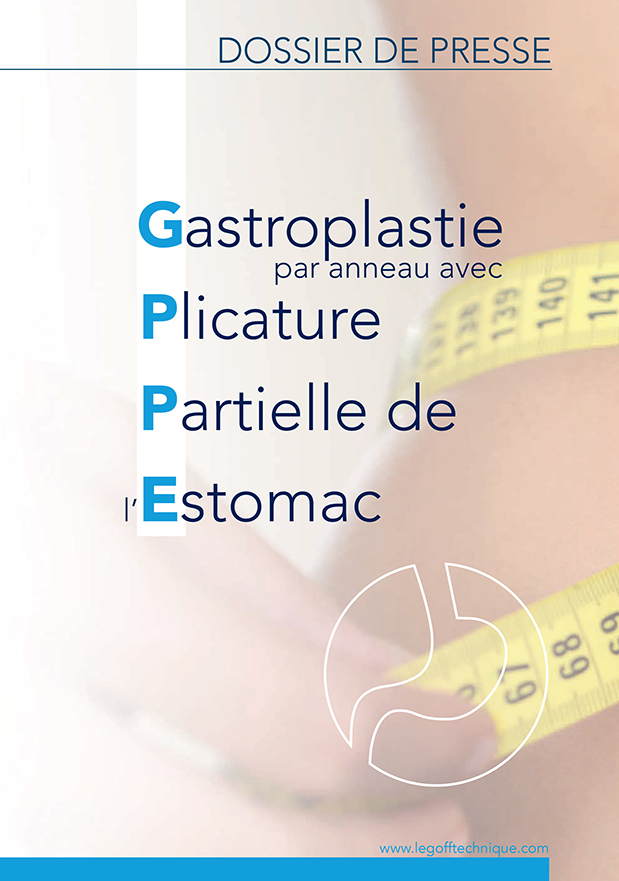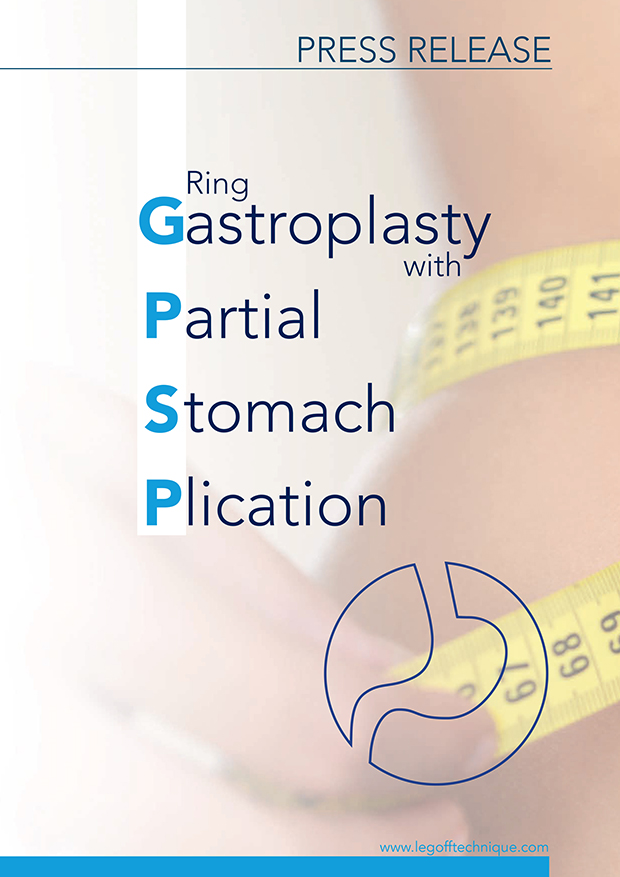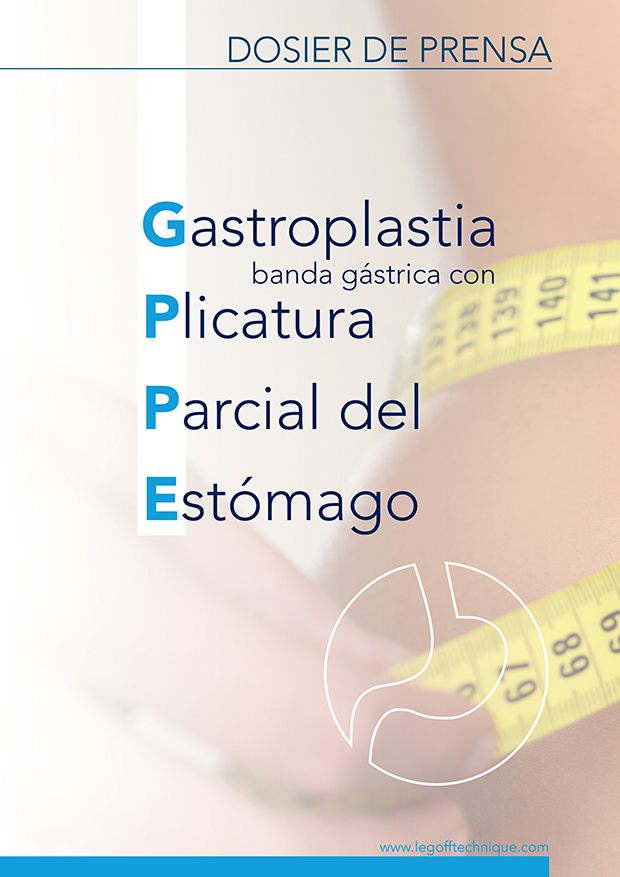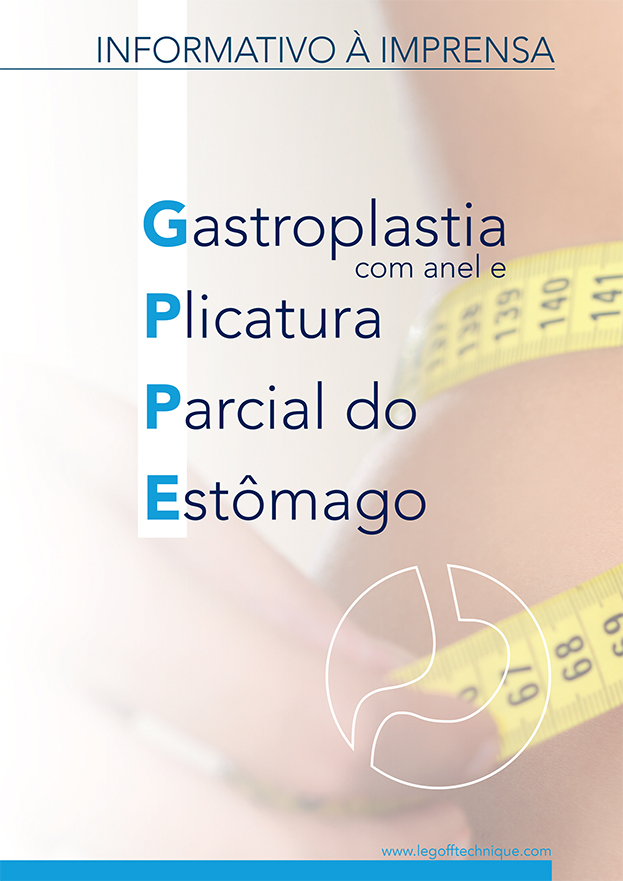
Dr. Jean-Yves Le Goff
AFTER SURGERY le goff technique
AFTER SURGERY

AFTER SURGERY GPSP
Obesity surgery in Paris
DAY 1
Just after obesity surgery, the patient is usually in good general form. An x-ray of the stomach (contrast) may be done to view the surgical montage and to check for very rare anomalies.
In the large majority of cases, liquids can be administered (water, coffee, tea), and 2 to 3 hours later the surgeon will usually authorise a semi-liquid meal (soup, yoghurt, fruit compote). Depending on their condition, 10% of patients can go home the day after surgery.
DAY 2
90% of patients return home with a prescription:
- Antalgics
- Anti-secretory drugs
- Anticoagulants for 15 days
- Waterproof bandages every 2 days (showering allowed)
- Compression stockings to be worn for 15 days
- Liquid / semi-liquid / mixed diet until day 12.
In the event of any questions or issues, patients can call the consulting rooms directly, and outside office hours, the clinic where they were operated.
patient follow-up le goff technique
Obesity surgeon in Paris
DAY 12 TO 14
Patients come in for their first post-operative consultation. The surgeon removes the visible loops on the resorbable stitches. Steristrips are placed for 1 week.
The surgeon checks :
- If the band is being tolerated and its effectiveness (weight loss = 5 to 10 kg on average in 14 days)
- The absence of pain
- The absence of vomiting
The mixed diet is usually replaced with a diet of small mouthfuls of solids: 20 seconds per mouthful and 20 seconds between each mouthful.
The surgeon informs the patient that an exercise bike can be used on D17 and swimming/aquagym/aquabike on D24.
The surgeon informs the patient that the feeling of fullness may reduce slightly due to daytime internal operative inflammation.
For 5% of patients, no inflation will be necessary, as the weight loss without it will be significant. For 95% of patients however, inflation will be necessary to increase satiety and the effectiveness of the montage from 4 to 6 weeks after the surgery.


BETWEEN THE 4TH AND 6TH WEEKS
Le goff technique (GPSP)
In radiology, the surgeon performs the 1st inflation under local anaesthetic lasting 15 to 20 minutes.
It is important for the surgeon to assess:
- The weight loss.
- The absence of vomiting, acceptance of the surgical montage.
- Tolerance of the solids diet.
In which case, moderate intensity inflation is performed so that the patient can get used to a low to medium level of inflation.
The first inflation tries to determine the degree of acceptance of the surgical procedure, and already determines the next stages in the weight loss. Then, for 2 to 3 days, a mixed diet is eaten so that the patient can evaluate the changes.
It is important to underline the importance of small mouthfuls of solids whose diameter should not be wider than the band, and the importance of chewing well (20 seconds per mouthful and 20 seconds between each mouthful – try not to drink while eating).
Postoperative follow-up of the le goff technique
The secretary should be called 7 days later to notify how well the new inflation is being tolerated. If there is a lot of vomiting (> 3 times/week) despite the eating discipline, slight deflation will be performed.
Patients are seen again 2 or 2½ months later, and then every three months in the first year to assess the weight loss and tolerance. It should be reminded that patients should not vomit more than 1 to 3 times per week.
There are no rules: each patient loses weight at their own pace, and there is no predefined speed of weight loss – it depends on how the patient accepts the new body image and its consequences.
the resumption of sports
Resumed sports and their importance are assessed. The patient is encouraged to use an exercise bike (4 to 5 times per week – 10 to 15 mins.), go swimming, aquagym, aquabike (once a week)… This type of sport is preferred as part of the weight is carried.
The motivation of the patient
Many motivated patients who follow these principles lose all of their excess weight after 14 to 16 months and lastingly (59 % of excess weight loss for 546 patients at 10 years – 174 patients have more than 100 % excess weight loss at 12 years)
Late post-operative follow-up
- Consultations after 3 months / 6 months / 1 year
- Reminder of nutritional advice
- Reminder about vomiting (max. 1 to 3 times a week)
- Inflation or deflation depending on band acceptance and desired speed of weight loss
- Call Dr Jean-Yves Le Goff’s secretary if necessary
30, Avenue du président wilson Paris 75116



